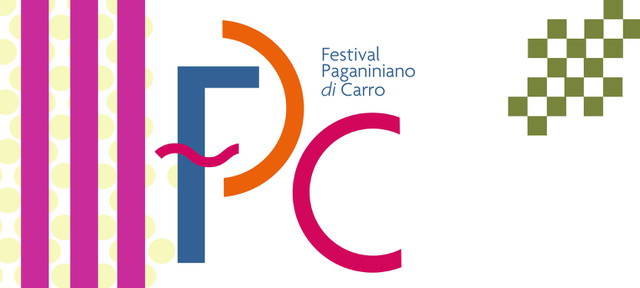Western Liberaldemocracies are not in crisis – Editoriale su il Daily Caller di Venerdì 1 Giugno 2018
La versione originale dell’articolo è disponibile qui
There’s no need to worry: western liberal democracies are not in crisis. The ground gained by various forms of populism and the unsophisticated reemergence of ideologies considered dead and buried cannot be attributed to the failure of liberalism.
The responsibility must instead be sought among those in charge of power who, in different ways — but almost always out of carefully calculated self-interest — have misunderstood the founding principles of the liberal democracies, or have been unable to grasp how they work.
They have preferred to govern by nominally maintaining the liberal-democratic concept (which has proved reliable over the years), but effectively replacing it with a hybrid ideology, as is the case in Italy, courting the oligopolistic approach of medieval-style corporations and a sense of emotional solidarity.
Thus, the accusation for all that’s wrong with the world leveled at presumed global and financial elites has nothing to do with the principles of liberal democracy. The global and financial elites have not followed liberalism but have exploited the name in order for their interests to prevail over those of citizens.
It’s important to be clear on this, otherwise, we would not be able to find solutions to problems linked with the epoch-making changes we have the privilege of witnessing. In other words, we would not be able to respond to the difficulties being experienced by citizens and react against the poor management of the institutions, and we would be leaving the door open to the responses offered by the populists.
What we want to do instead is to continue down the road toward freedom and prosperity after WWII, taking care, however, to tackle and to solve the delays and shortcomings there are at present, and bring on a growing number of individuals.
To do so, we must place our trust in liberalism as an experimental method aimed at a daily improvement in the coexistence among citizens, through the government of the law, able to guarantee freedom and free initiative. Rules that are continually adjusted (based on results and according to the choices made by citizens) have proved to be an effective tool for safeguarding rights and freedom, without sliding toward oligarchy.
Liberalism cannot suffer a crisis and fail, because, paradoxically, crisis and failure are an essential part of what it is founded on. The liberalist method makes it possible to respond to the transformations of time, through experiments that can be used to balance the coexistence between different individuals, in order to boost free relationships and encourage prosperity.
This makes liberalism different from those ideologies that promote a fixed, static idea, with a structure unsuitable for adapting to changes and tackling the new civil problems that derive from them. Ideologies are a drug, creating illusory certainties that are not borne out by reality. This is the explanation for the citizens’ choice, in a moment in history in which we have new problems to face, to place their trust in those who are not bound to the past and are proposing ideal, comforting solutions, without worrying about how to implement them. These are the attitudes that guide populist movements.
The problem is always the same: how to resolve today’s problems, which provoke excessive unease among citizens. Given the tragic results of classist theories and considering that in the West it’s the citizens who should be making the choices, it makes no sense to return to the old concepts of the oppressed and the oppressors and to presume there’s a magic wand someone can wave to solve everyone’s problems.
The solution requires the replacement of those with power in their hands and those elites that have betrayed citizens by governing poorly. The longer this change is put off, the worse the situation becomes. And when people are suffering, they’re prepared to close their eyes to whether the new option is good or reliable as long as there’s a change.
The liberal-democrats do not deny the problems exist, even though it’s the non-liberals who are pointing them out. On the one hand, the liberal-democrats are fighting the illusion that a perfect world might exist, in contrast to the world where things don’t work that the populists cunningly present during their election rallies. On the other hand, however, they’ll never give up fighting — using the experimental method and the free vote of citizens — to tackle the challenges today’s world poses, with the awareness that they require patience and sacrifice.
Hence the need to: First, restore the central role of thinking in human relationships, in the sense of different citizens engaging with one another to discuss their respective plans and not propaganda. The weakness of the public debate that is the base of the experimental method is an alarm bell that has been ringing for some time and gone unanswered.
Second, promote the scientific method in public debate, as an alternative to the illusions peddled by the ideologies echoed in traditional and social media.
Third, champion a parliamentary system of government as a means of representative democracy, and dialogue among citizens on the choices to be made, abandoning the egocentric cult of the leader that is gaining ground (once again thanks to the media) as a response to the first two points, when it is in fact merely an illusion — a drug.
Fortunately, a variety of initiatives are springing up at a global level to promote freedom and democracy in the world. They do not require “new” ideas, but a new reflection on good ideas, a new approach to presenting arguments and practicing the sound principles of liberal democracy.
Pietro Paganini is an adjunct professor at John Cabot University in Rome, and President of Competere, an Italian think tank committed to advancing innovation and sustainable growth.






